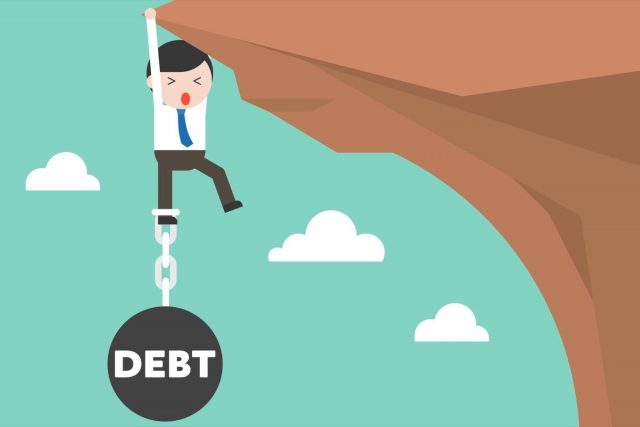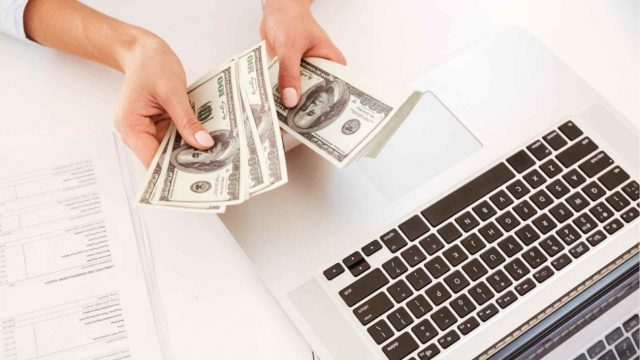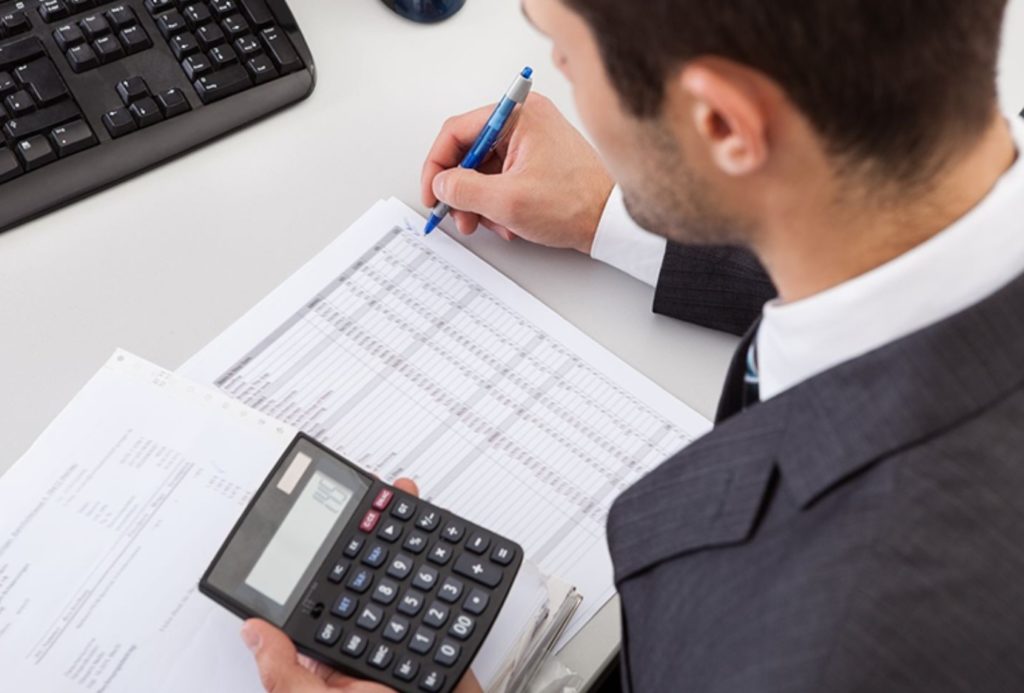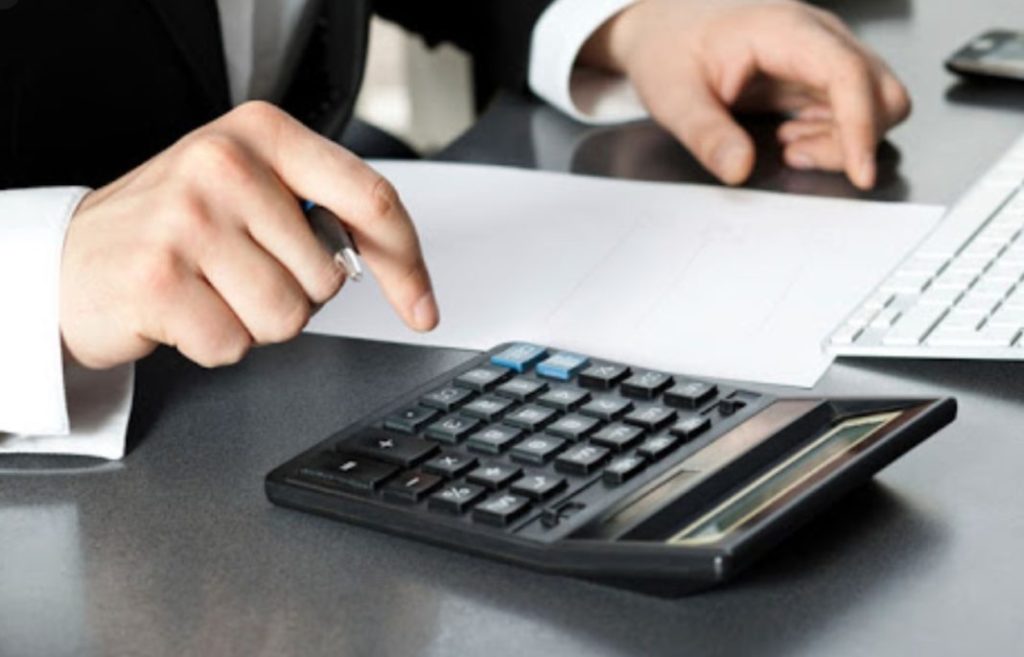
Major Points to Know:
- Make a budget
- Pay your bills by the due date
- Set extra money aside
- Attack large debts
- Plan major purchases
Are you having trouble paying off your loans and credit cards? Well, you are not alone. Many others are also having a hard time freeing themselves from financial debts.
Getting out of the debt cycle is more than just hiding away credit cards or freezing them in a block of ice. Read below to know how to stop going into debt each month.

Getting Organized
Managing your debt requires financial planning. Get organized by listing your income and monthly expenses and debts.
Most people are afraid to tackle the details of their financial debts, but take courage and find time during the weekend to gather your expenses. Then, create a plan toward paying them off.
Your goal is to make sure your income is enough to cover your basic needs. Set which expenses should be prioritized first and declutter your list by removing other expenses that are not essential. In detail, input the exact amount of how much you owe for each debt including credit card balances, car loans, and mortgage.
For every credit card balance, take note of the minimum payment, interest rate, and due date. Once you have everything organized, you can now create a plan. Dave Ramsey is kind of an expert on this topic, so we recommend taking his advice.
Be Realistic about Managing your Debts
Having to manage your monthly debt and expenses can affect you mentally and emotionally. That’s why you have to prepare yourself as you decide to redirect your financial future. Paying off piling up debts will take some time, months, or even years, and that is okay.
Slowly learn to change your lifestyle, adapt to your financial plan, and you’ve set yourself free from going into debt before you know it.

Make a Monthly Budget
The next step is to picture clearly where your money should go. Making a monthly budget will allow you to take control of your spending habits and even encourage yourself to start saving.
As you learn that you’re spending more than you earn, you’ll be more mindful of where you’re spending your money and find other means toward pay off your debts such as getting an extra job or additional work hours.
Pay Your Bills
Avoid the extra fees just because you were not able to pay your bills on time. It will save you money and relieve you from paying additional deficits.
Pro tip: set up automatic payments to ensure that your monthly dues are dealt with on time.

Lifestyle Change: Cut Back on Spending
After you organized your list of financial expenses, created a realistic monthly budget, and ensured that your bills are paid. Stick to your financial plan by avoiding the temptation for impulse spending.
It’s going to be a difficult process, and it will take time to develop this habit, but you have to encourage yourself to focus on paying off your monthly deficit instead of swiping your credit cards left and right for unnecessary stuff.
If during the month, you get a tax refund or a generous cash gift, you can add that toward paying off your debts.
If you still find it hard to control your impulses, you can opt for an envelope budget. Instead of relying on your debit or credit cards, switch to cash so you can see when you are about to run out of money.
Start Saving for an Emergency Fund
Some additional expenses cannot be prevented. Debts can vary month by month depending on the scenario. You may have created a good financial plan, but you also have to prepare a plan B for unexpected expenses.
By saving at least $1,000, you will have the money you need to cover emergencies or unexpected repairs. This way, your monthly budget will be left untouched and you’ll have no additional balances for the next month.

Put Extra Income on Your Debt
If you have extra money, you can put this toward your outstanding debts. This is a wise move if you have credit card balances and loans.
If you have additional money after your bills are paid, it would be wise to start stacking money toward paying off your largest debt—or the debt with the highest interest rate. By doing so, you’ll get rid of your balances sooner.
If you don’t have any money leftover, analyze your bills and see where you can cut back. You can also downgrade your cable and data plan, whichever works.
You might consider finding a second job to boost your income.
Set a Goal for Financial Freedom
The overall goal is to not go into debt each month by prioritizing to pay off your monthly expenses and debts. Having a positive attitude and discipline is key for surviving financial hardship.

Plan and Save for Future Major Purchases
You may have dreamt of owning a new car or doing a lavish home renovation, or maybe, you just wanted to replace your gadgets like your laptop or mobile phone.
These are major purchases that you need to plan. Make sure you have the money in cash before you head to the store and don’t just slap the debt on a credit card.
Free yourself from the stress and financial burden. Take courage to overcome the fear of facing your financial debts by planning!














